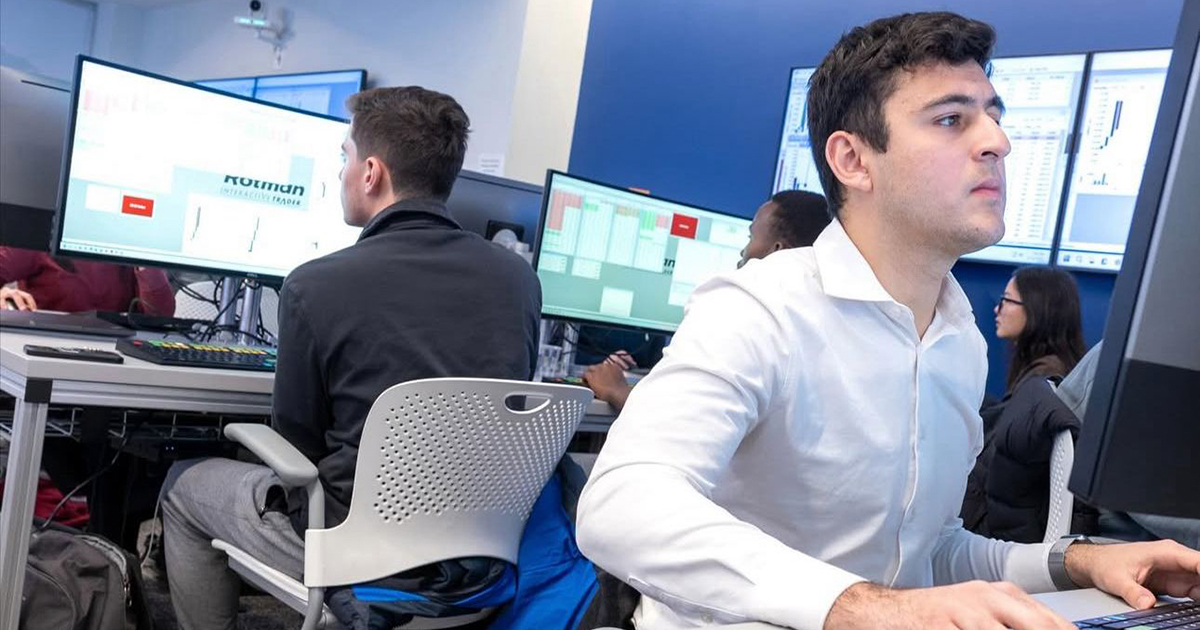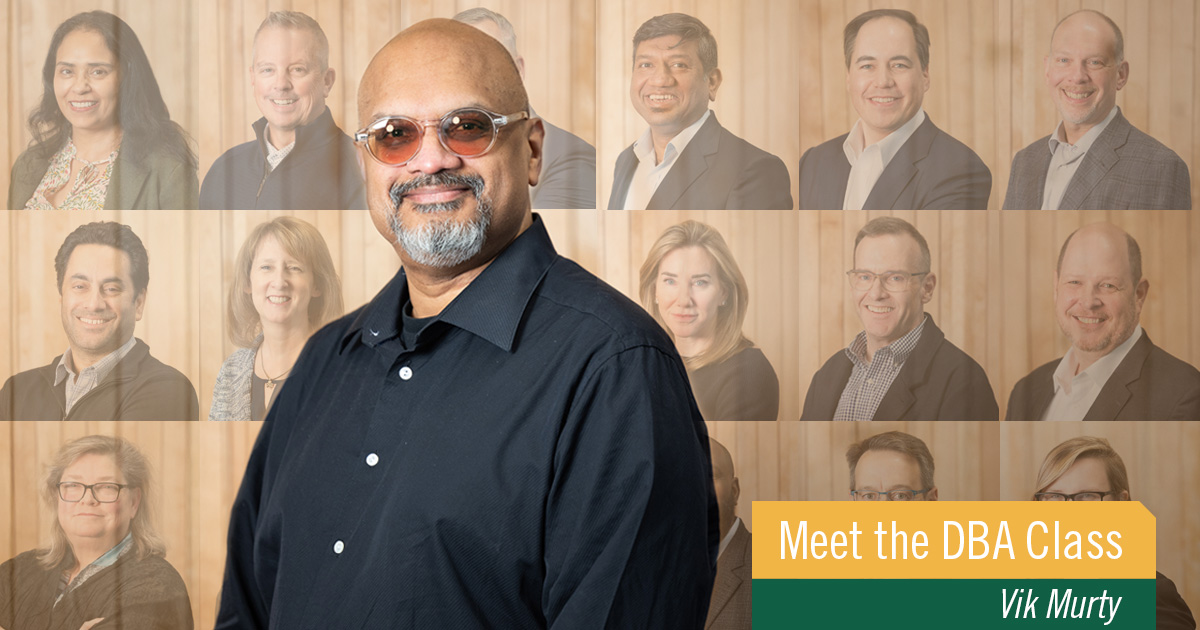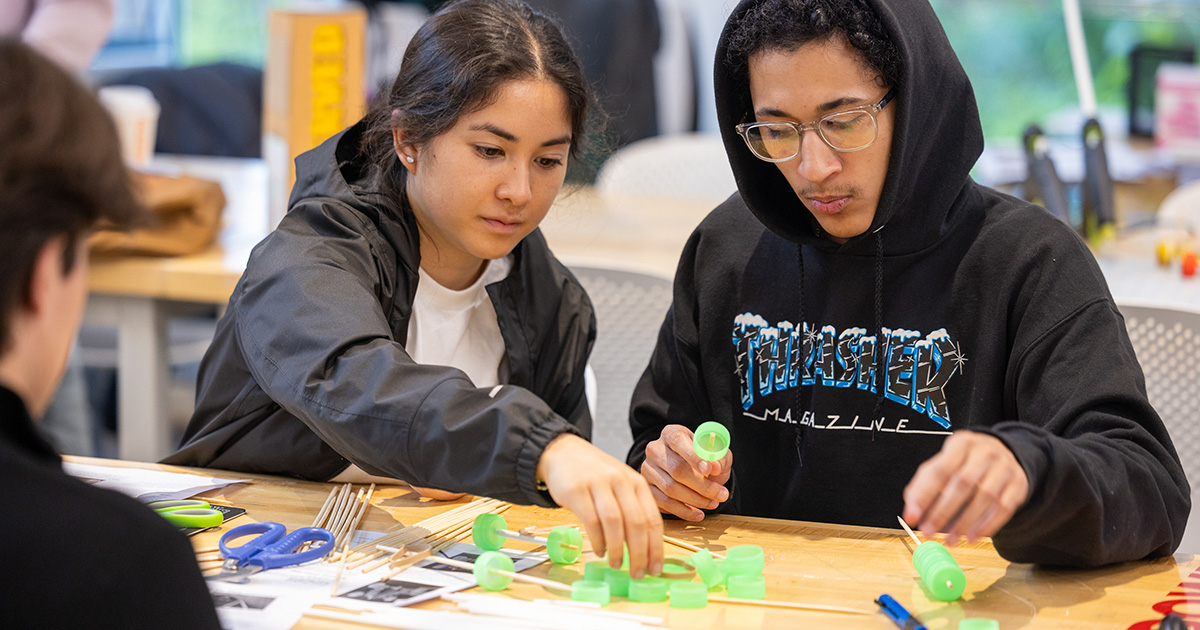The Life and Leadership of Rev. Dr. Martin Luther King Jr.
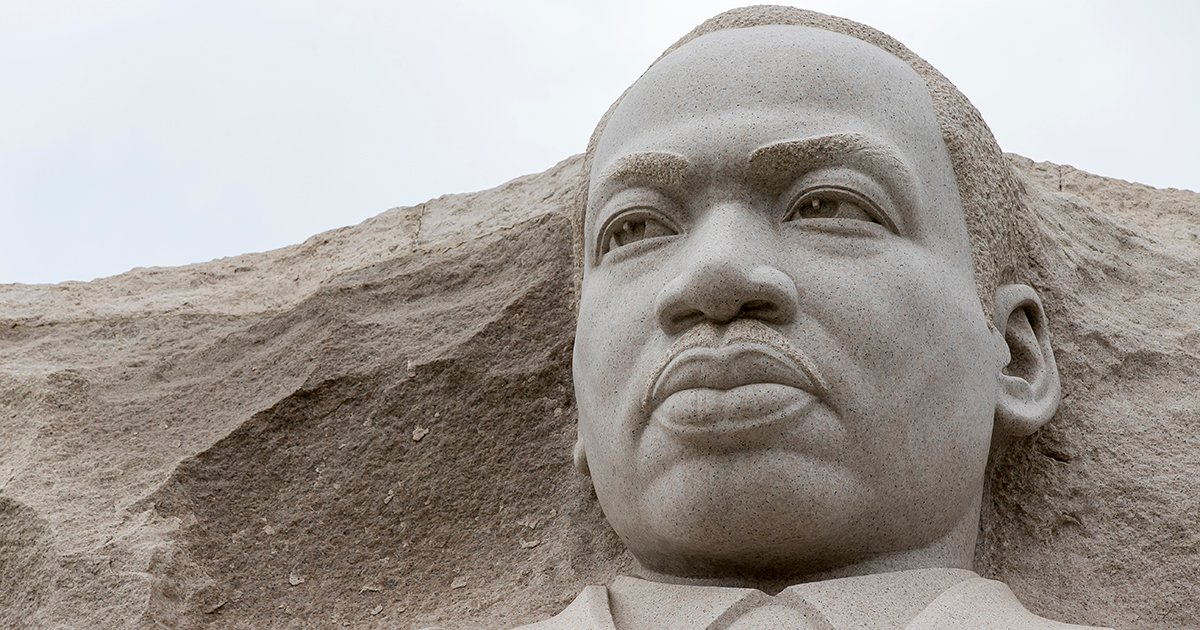
Editor’s note: Sadie Burton-Goss, the Chief Inclusive Excellence Officer at Babson College, shares her perspectives about the life and leadership of Martin Luther King Jr.
Today, we commemorate the Rev. Dr. Martin Luther King Jr.’s birthday. It’s an important moment to pause and reflect on his important work and his enduring legacy.
Every year, on MLK Day, we hear a lot about his accomplishments and his speeches, and his powerful words are shared, especially by our political leaders and activists to advance the issues of the day. His impact was so dramatic and larger than life that sometimes I suspect we don’t reflect enough about the man himself.
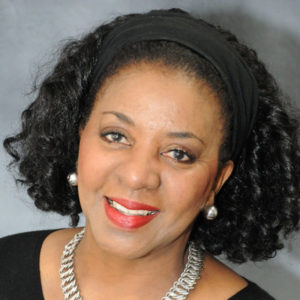
Sadie Burton-Goss, Chief Inclusive Excellence Officer at Babson College
As a doctoral candidate at Boston University, he attended Twelfth Baptist Church in Roxbury, which is my home church. My minister emeritus, Rev. Michael E. Haynes, was dear friends with Dr. King in the 1960s, and often described him as a man who liked to have fun, who had a great sense of humor, and who could be as serious about telling a joke as he was about his scholarship, and his leadership.
Dr. King also was a son and a brother. He was a husband and a father. He was a pastor and a leader. He became an icon. But, first and foremost, he was a student and a lifelong learner.
At a young age, Dr. King realized that education is a powerful force. He skipped two grades enabling him to graduate from high school and start college at Morehouse College at the age of 15. By the age of 19, he was a college graduate and an ordained minister. By the age of 25, he had completed his PhD.
Example of Entrepreneurial Leadership
I often think Dr. King would have been a great student at Babson College if he weren’t already destined to be a minister of his father’s church and ultimately a world leader for peace and civil rights and human rights.
Dr. King embodied a lot of the Babson spirit and served as a powerful example of entrepreneurial leadership. More than just a heroic figure, leading alone, an entrepreneurial leader is someone who is able to create partnerships and collaborations and work with and through others to create the best possibility, the largest possibility for the greatest good, a possibility that could not happen otherwise.
MLK LEGACY DAY on February 1: Babson’s annual celebration features keynote speaker LaTosha Brown, the co-founder of Black Voters Matter Fund and Black Voters Matter Capacity Building Institute. Register to attend MLK Legacy Day.
Throughout his life, he cultivated connections, collaborations, partnerships, and engagement. He did not only surround himself with other Black leaders. He actually went to India to learn about nonviolence and how they were protesting there. He spoke to and inspired people of every race, creed, nationality, sexual orientation, and socioeconomic class.
He also was a leader of action. His entire life was dedicated to taking action, to advancing new possibilities for everyone, not just for Black America but for all America and the world.
The Courage to Lead
His whole life also was a demonstration of the courage to lead. He was fearless. He often stood in the middle of the fire, standing up not only to injustice but also to his own allies and peers, who cautioned him that it was not time to act. But, he persisted and wrote Why We Can’t Wait. He argued that we can’t wait for the best idea, for the perfect moment; we’ve got to continue to take action.
In many ways, Dr. King was a practitioner of Entrepreneurial Thought & Action® (ET&A™). He didn’t wait until all the pieces were in place to plan the March on Washington, for example. But, he always started where he was, figured out where he wanted to go, reached out to others, and took action. And, what happened was miraculous.
Even in the face of extreme adversity, he held fast to that vision, that there are those who rise together to lead together from a place of love and concern for the whole.
MLK’s lessons and legacy have resonated for more than a half-century since his untimely death. And, they’re particularly relevant and important right now, because, more than ever, we need collaboration and partnership. We need to come together.
The College’s vision of inclusive leadership, One Babson, is really in alignment with MLK’s vision of creating a beloved community. Even in the face of extreme adversity, he held fast to that vision, that there are those who rise together to lead together from a place of love and concern for the whole. And, in our beloved community, we all rise in leadership, and we take all possibilities to another level.
Posted in Community
